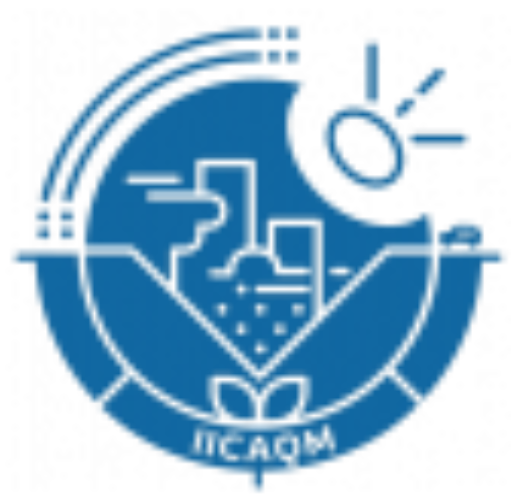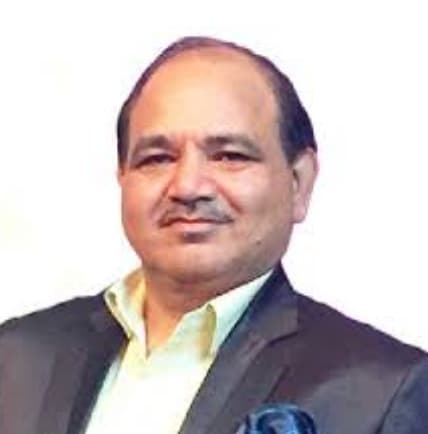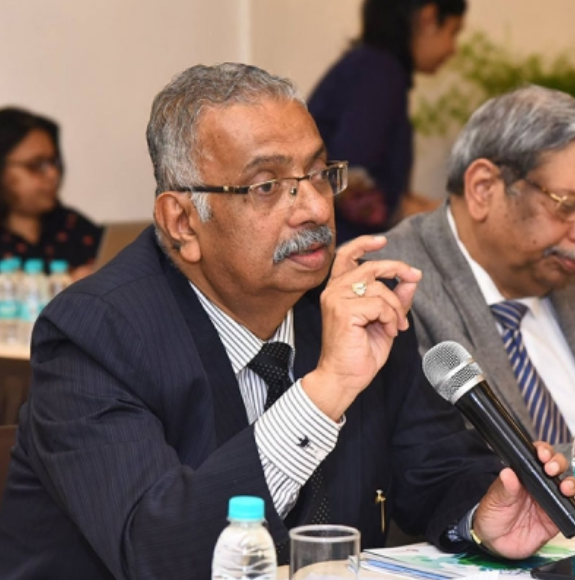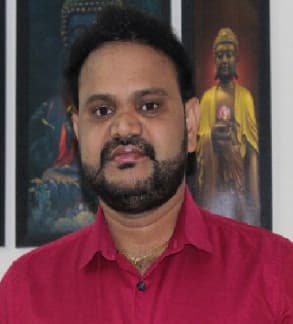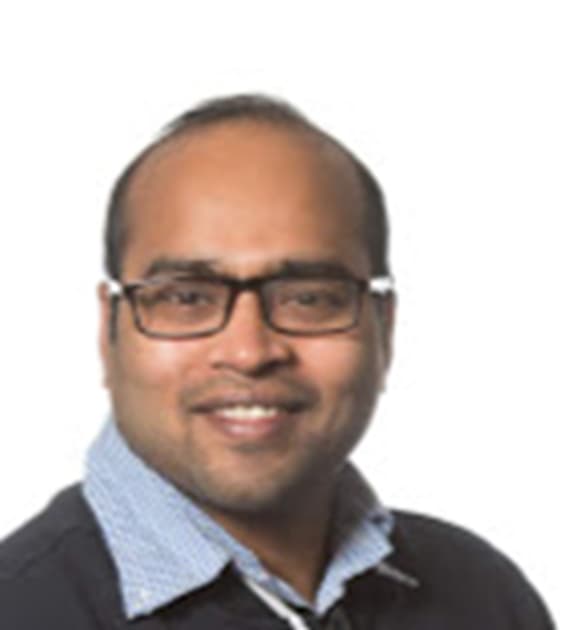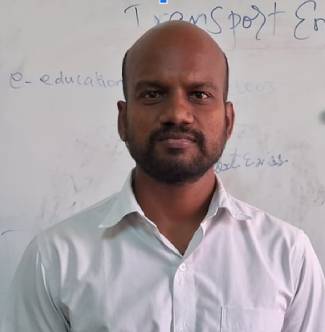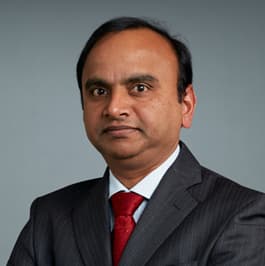Dr. Gufran Beig
NIAS Bangalore
Unusual air quality patterns in the era of climate change
ABSTRACT
It is clear from the emerging recent scientific finding and that while local action has to gather momentum, bigger solutions need regional scale action because air pollution moves across boundaries. In the era of fast changing climate, extreme events are more frequent than ever before, and we need to understand the underlining processes for abrupt variability for which solutions will emerge only from high resolution chemical transport models. In recent time, La Nina, which lasted in its third consecutive year, disturbed global weather and the Indian monsoon pattern. However, the linkages of such changes to regional air quality have yet to be explored. Recently, the winter of 2022-23 that coincided with retreating phase of the unprecedented triple dip La-Niña, was marred by a mysterious trend in air quality in different climatological regions of India, not observed in recent decades. We demonstrate that the modulated large-scale wind patterns linked to climatic changes may have far_x0002_reaching consequences even at a local scale leading to unusual changes in the distribution of air pollutants, suggesting ever-stringent emission control actions.
ABOUT THE SPEAKER
Prof. Gufran Beig is holding the “Sir Ashutosh Mukherjee Chair Professor” chair at NIAS in Indian Institute of Science campus, Bangalore. He is an authority in the field of Air Quality and Climate Change and their impact on Human health and food security. He as the Founder Director of India’s first air quality forecasting framework, SAFAR at the Ministry of Earth Sciences, Govt. of India. He is the recipient of prestigious Shanti Swarup Bhatnagar Award, India’s highest honor in Scientific discipline. He is the first Indian recipient to confer with World Meteorological Organization award of United nations. Besides many awards and honors, he is also the fellow of Indian academy of sciences. Prof. Beig has published 236 international scientific papers so far, with a citation index of 9000. He edited 8 scientific books and published 25 technical monographs and delivered more than 325 invited talks, so far.
